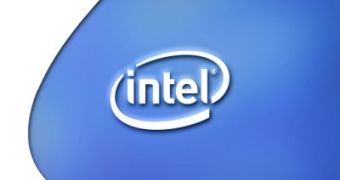Intel officials have confirmed the that the company will start shipping the first six-core processors later this year. The new six-core offerings will hit the market in the second quarter of the year, but no specific date was mentioned.
Intel has chosen to announce an estimative date for the Xeons' launch in order to put an end to the speculations about the shipping date of the six-cored chips. The rumors erupted last month, immediately after Sun Microsystems posted confidential information on their public website. The posted presentation showed the fact that Intel would release the chip in the second half of the year.
Codenamed Dunnington, the six-core chips will be added to the Xeon MP 7000 series of processors and will bring significant performance boosts on the server sector. For instance, a four-processor server wil be able to use 24 cores instead of only 16. According to Intel's CEO, Paul Otellini, the chips will be part of the Caneland server platform, which also includes the Clarksboro chipset.
Intel has yet another architecture that is scheduled for release in the second half of 2008, namely the Nehalem, that will tend to replace Intel's Core microarchitecture. Nehalem chips will offer better system performance through its QuickPath Interconnect system architecture, but they will also feature an integrated memory controller. According to Otellini, extra attention has been paid to improve the communication links between system components.
The Nehalems will come with up to eight cores per chip, and each core will perform multithreading. An eight-core chip that will split tasks into threads will give birth to an extremely powerful computer, and will represent Intel's first attempts at high-performance computing (HPC). According to Otellini, the PC version of the Nehalems will come with a mix of CPU cores and graphics cores, that will boost the system performance. The Nehalems will be built on the 45-nanometer process, and will inherit all of its advantages.

 14 DAY TRIAL //
14 DAY TRIAL //